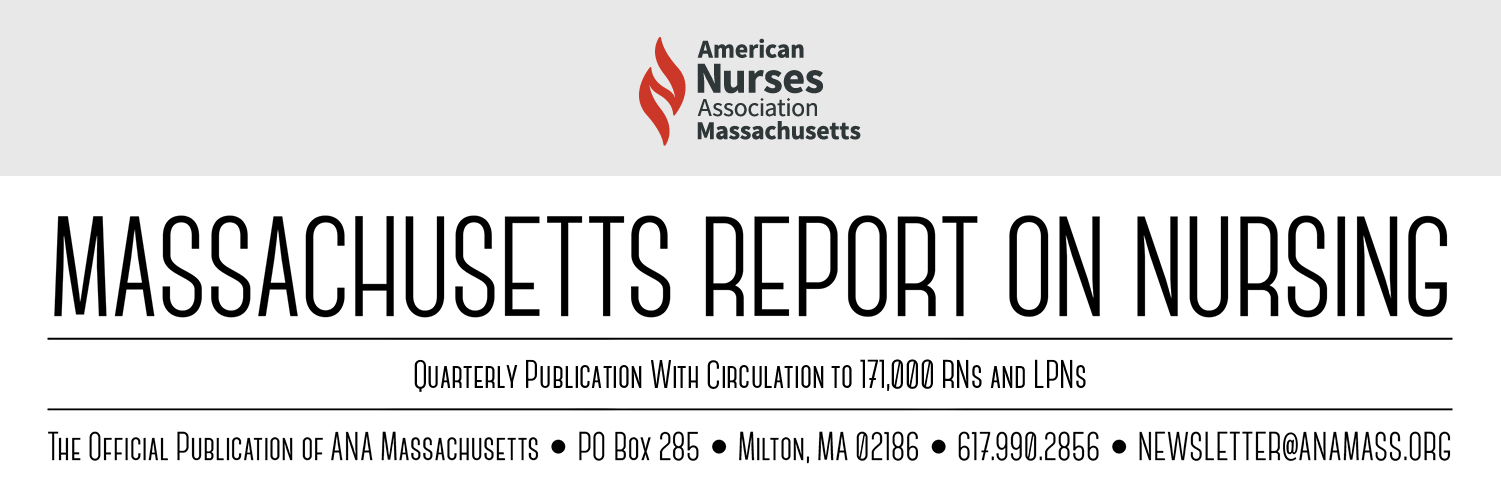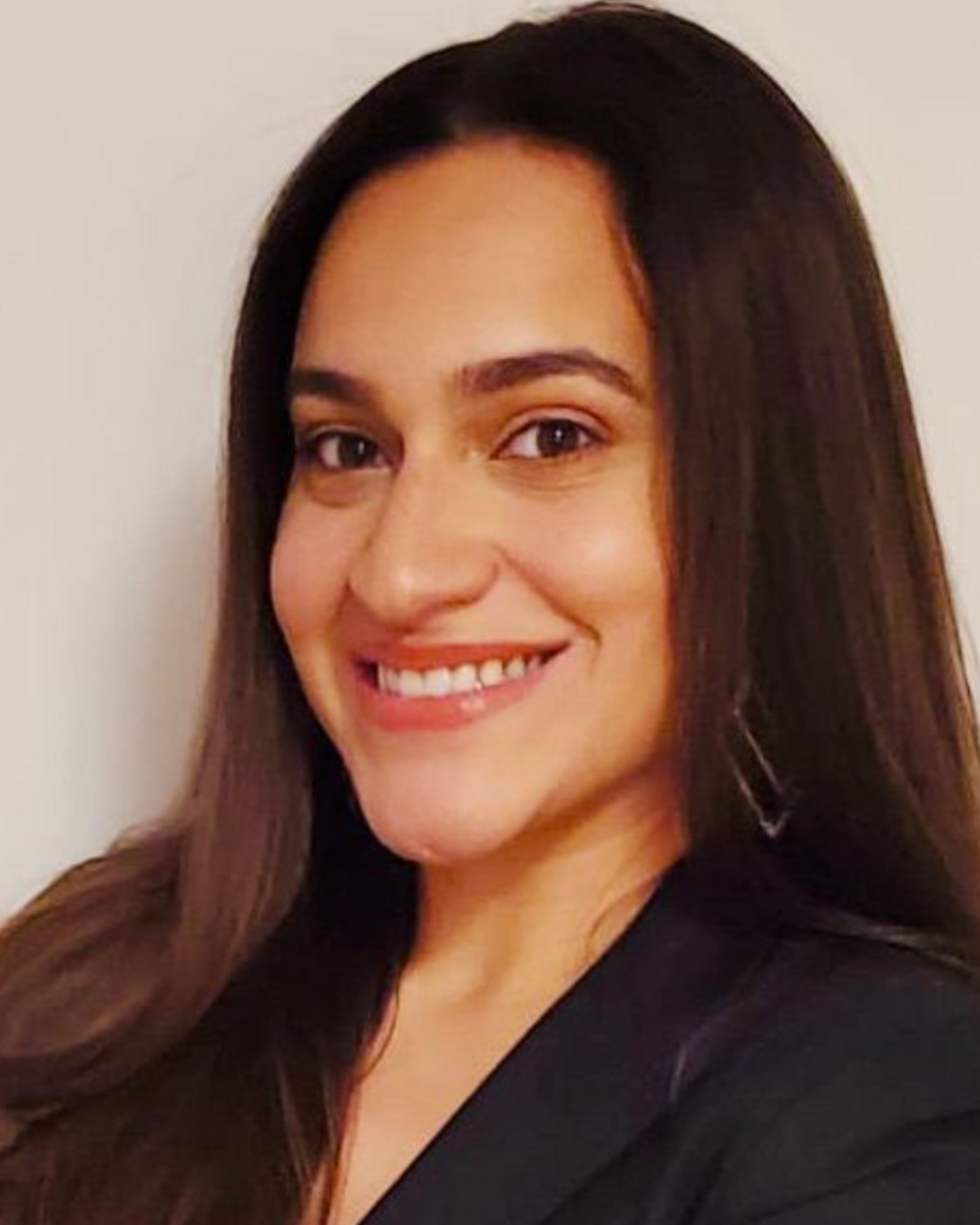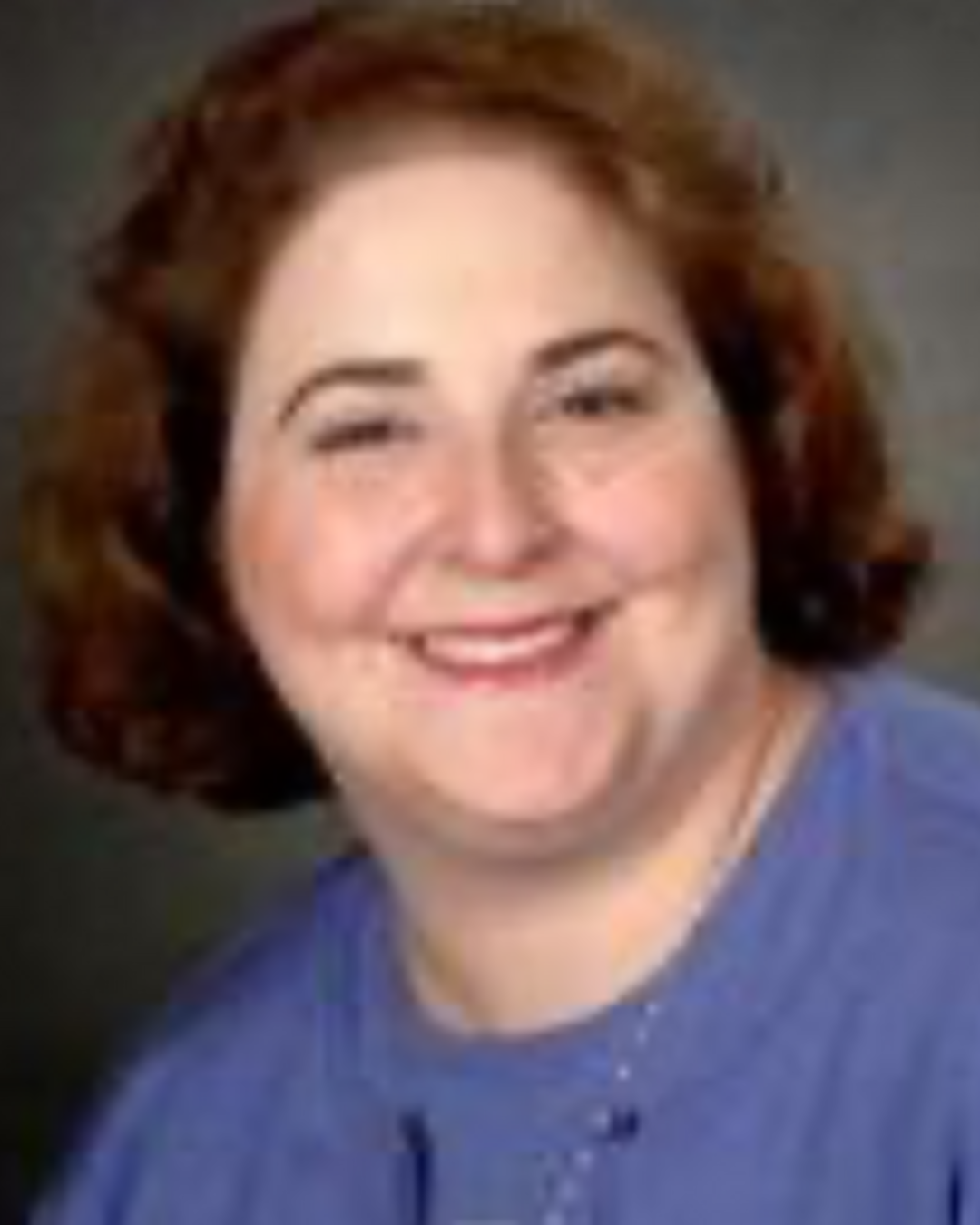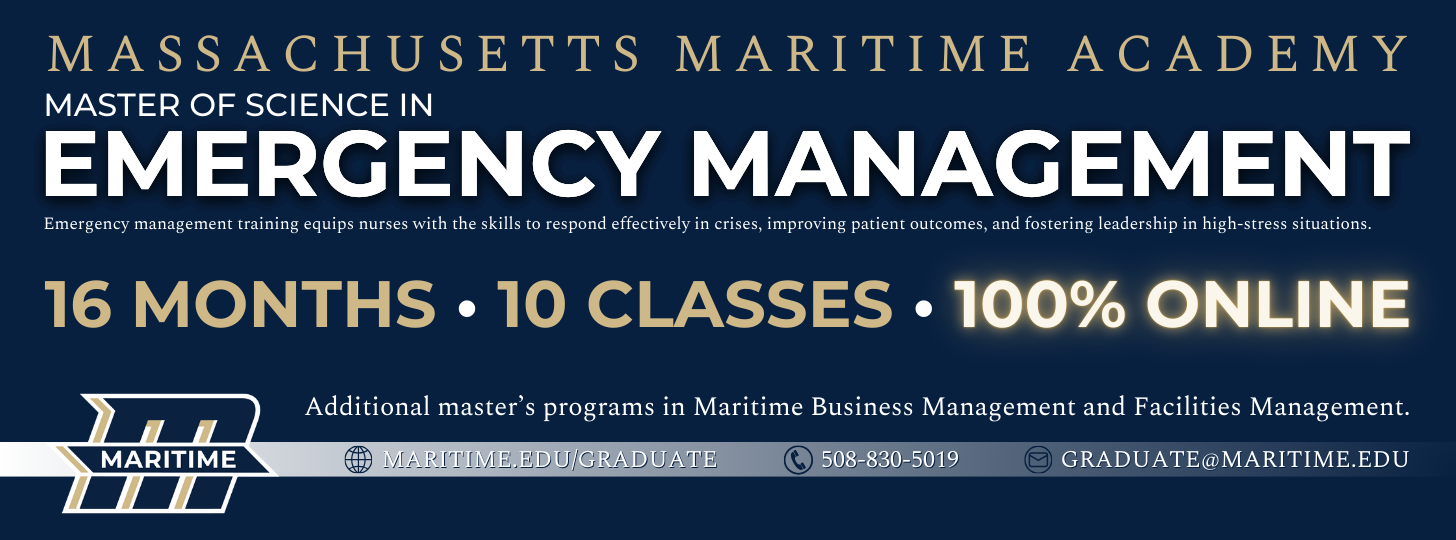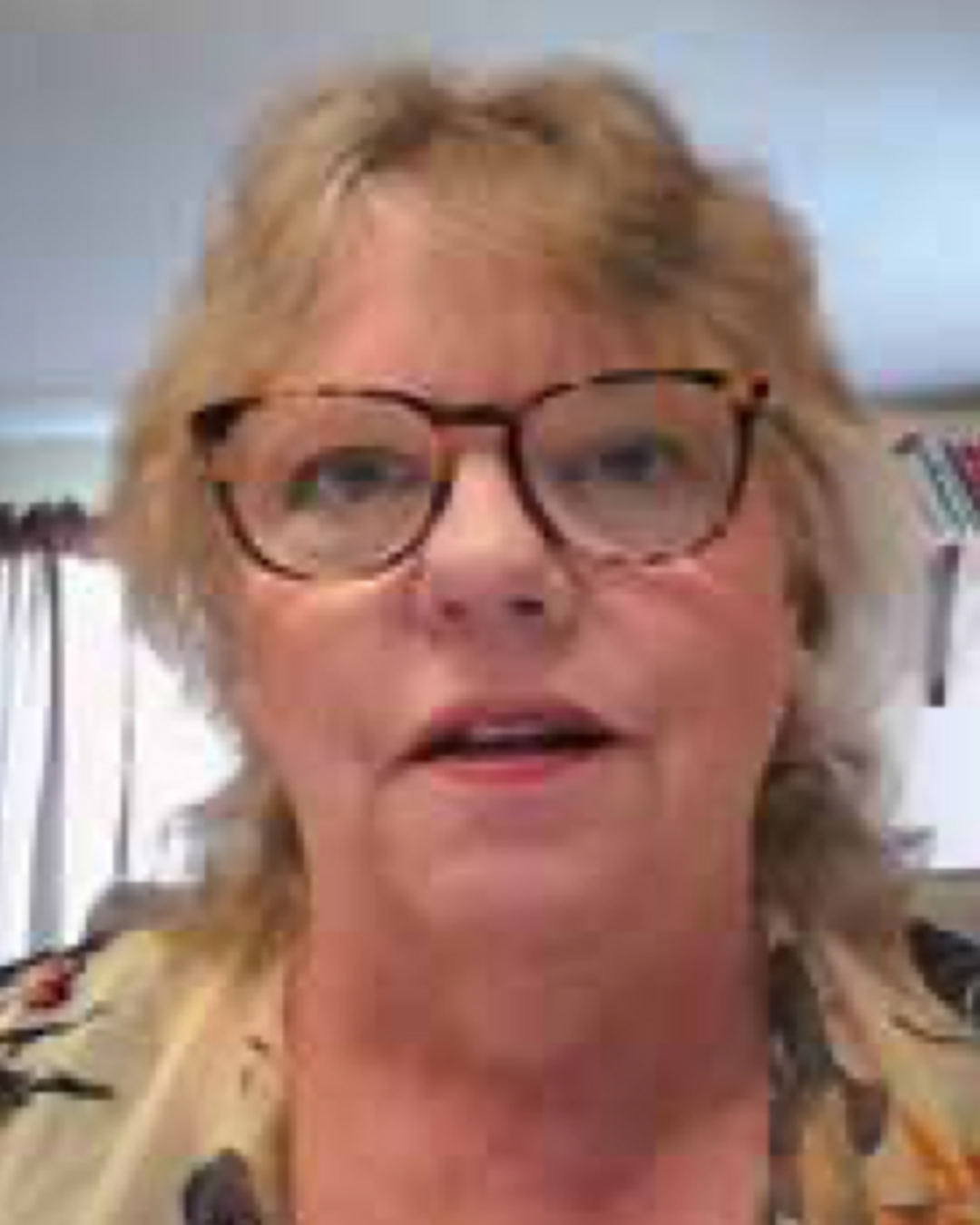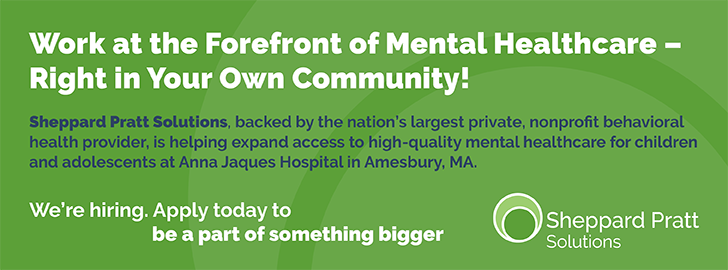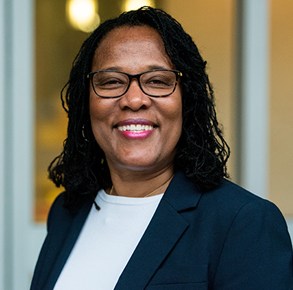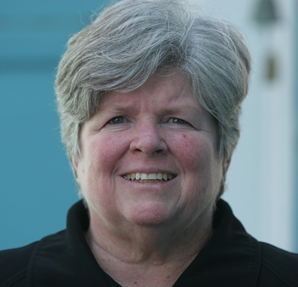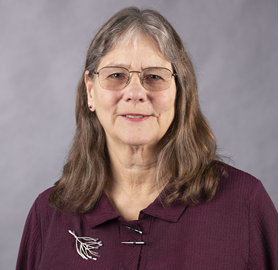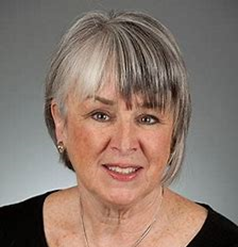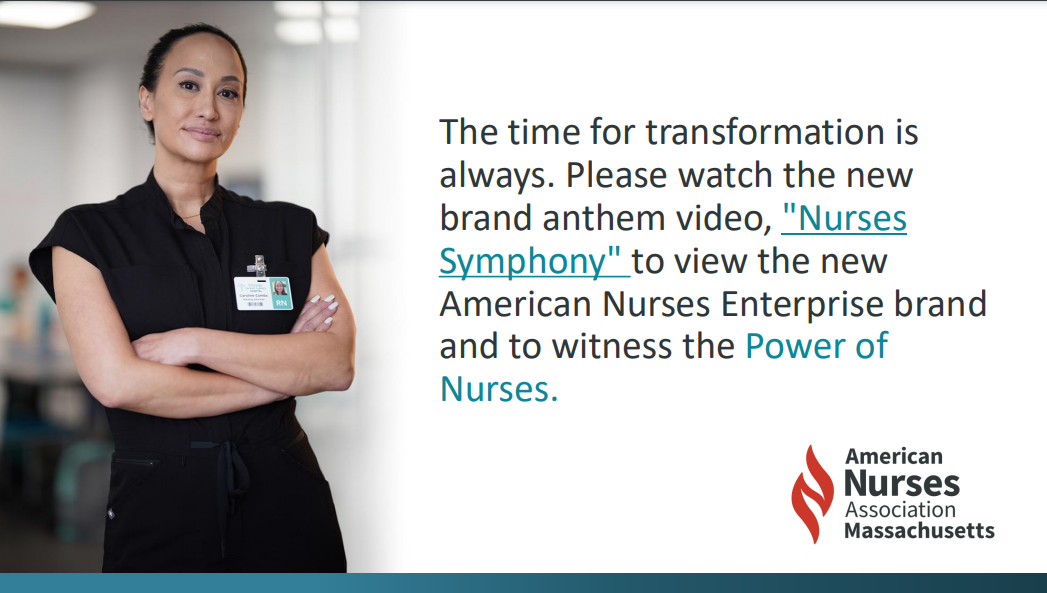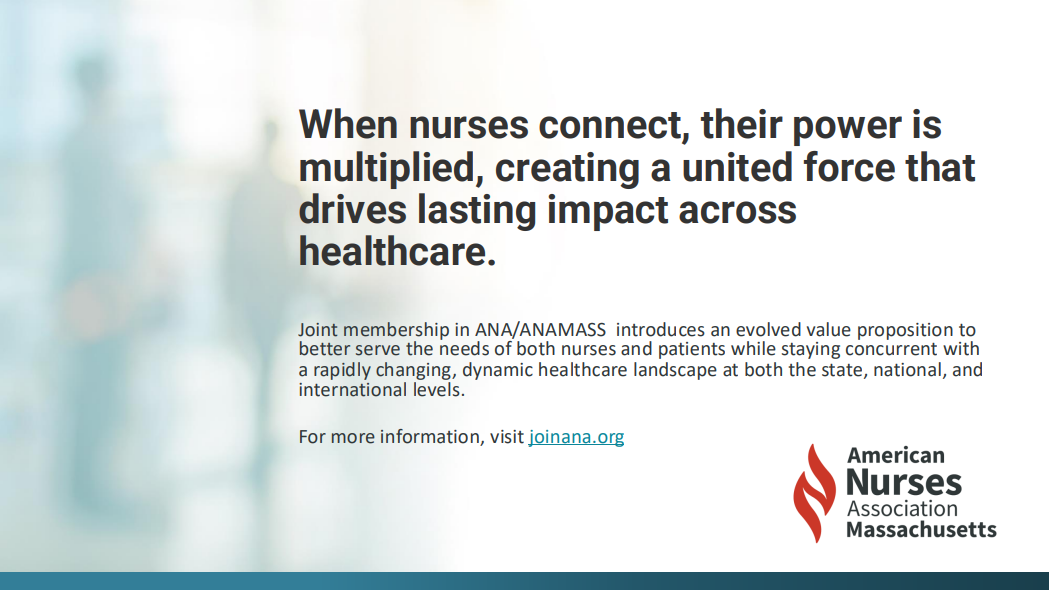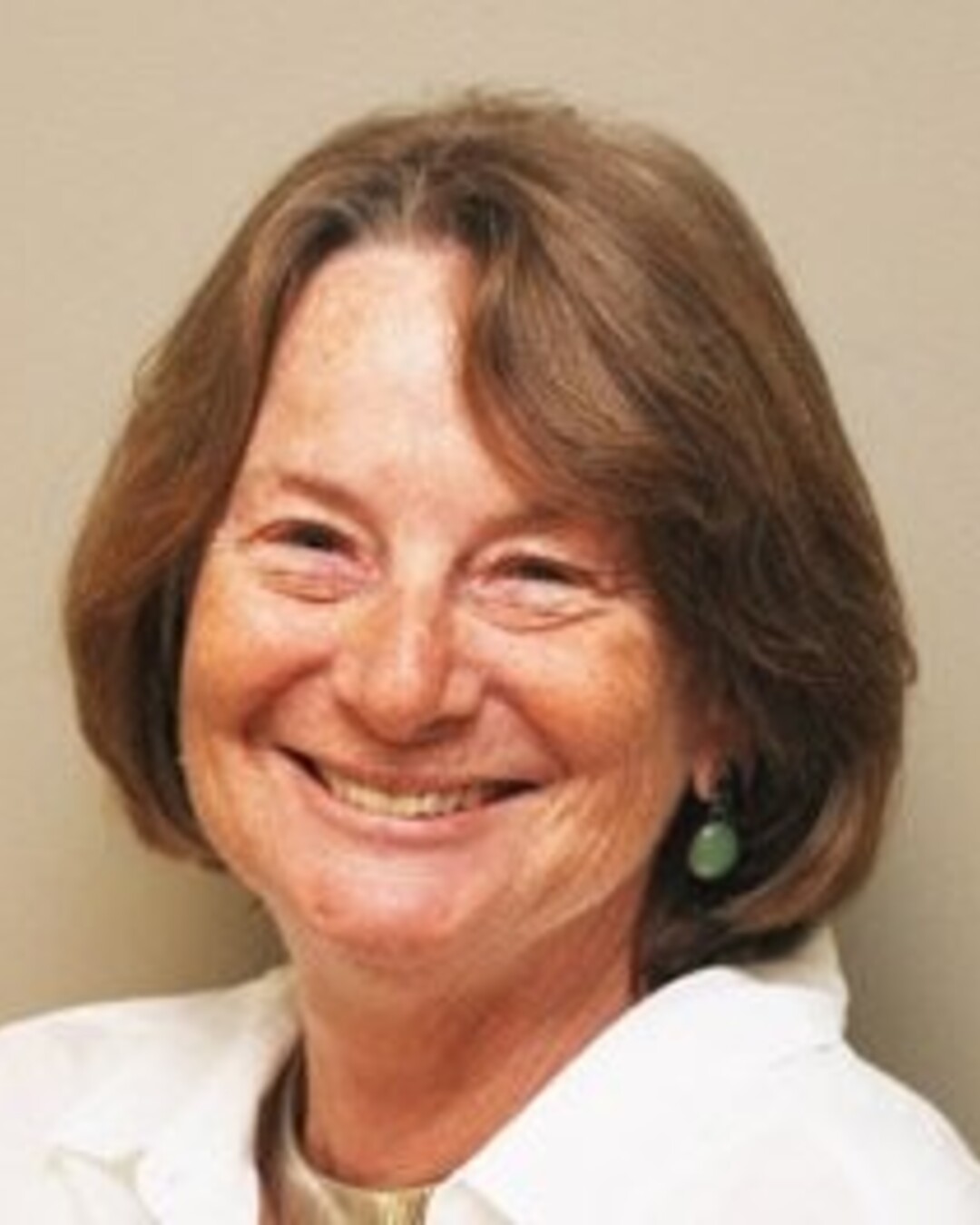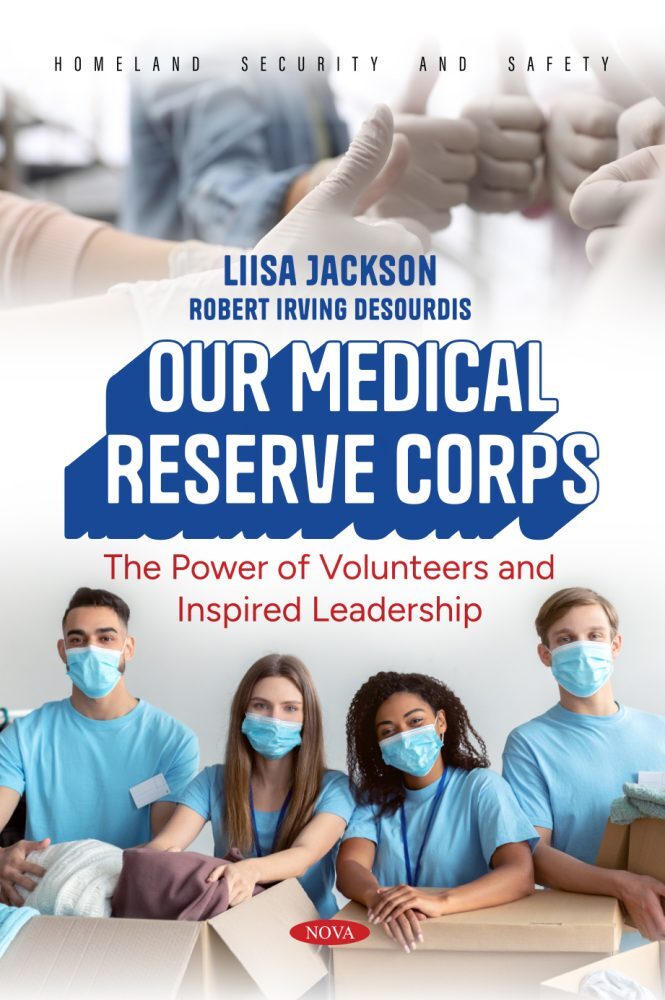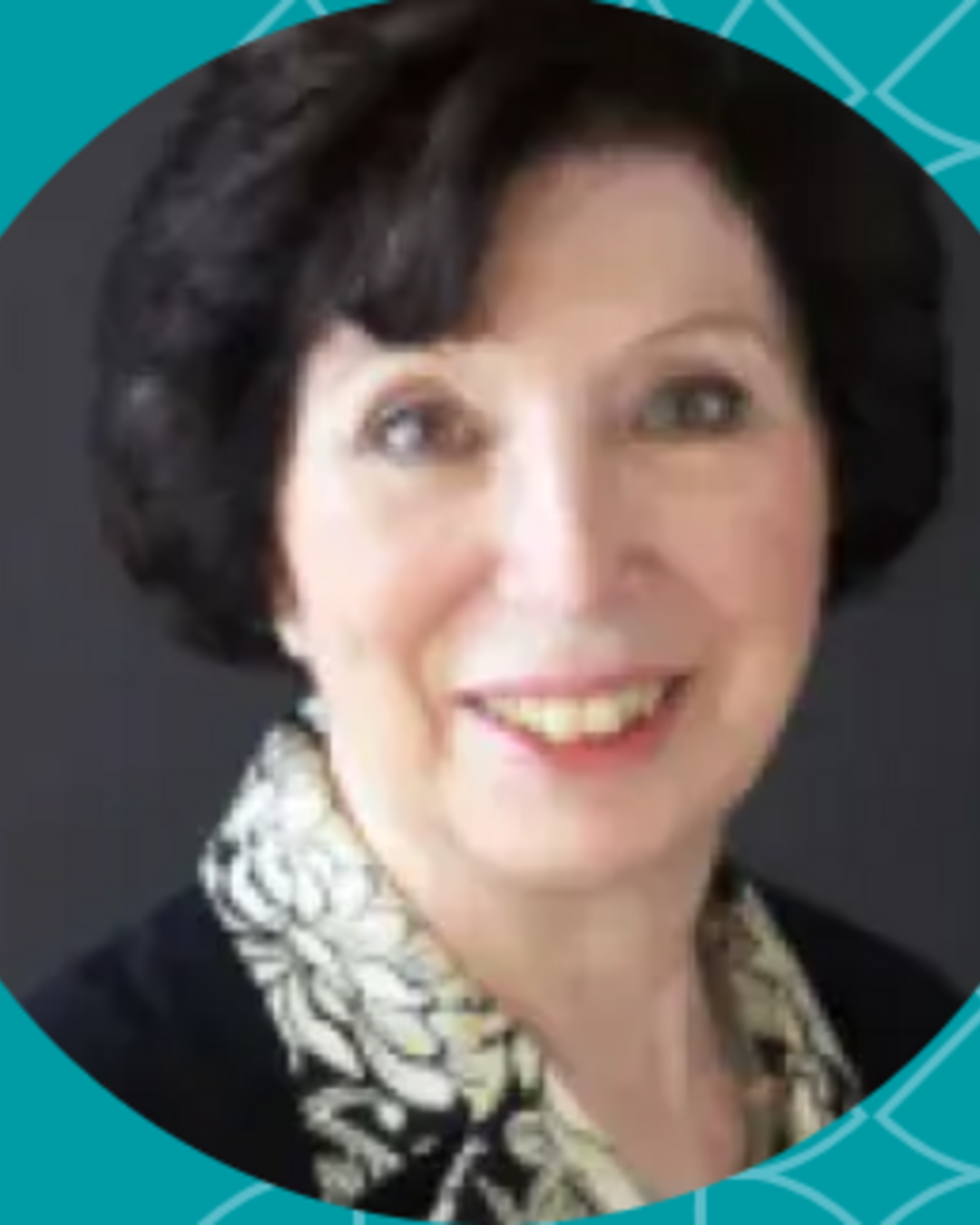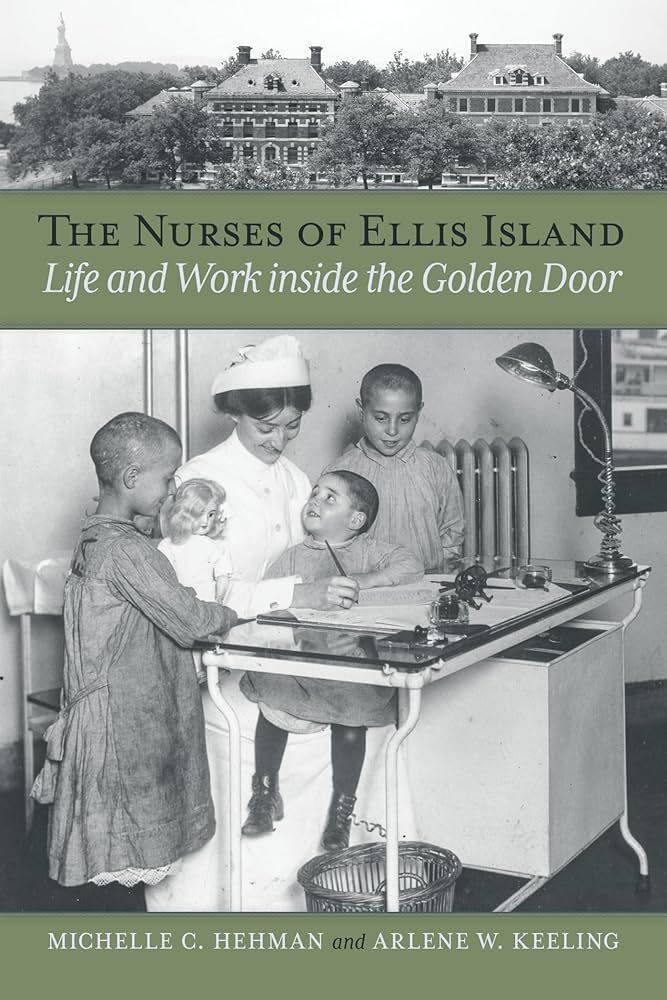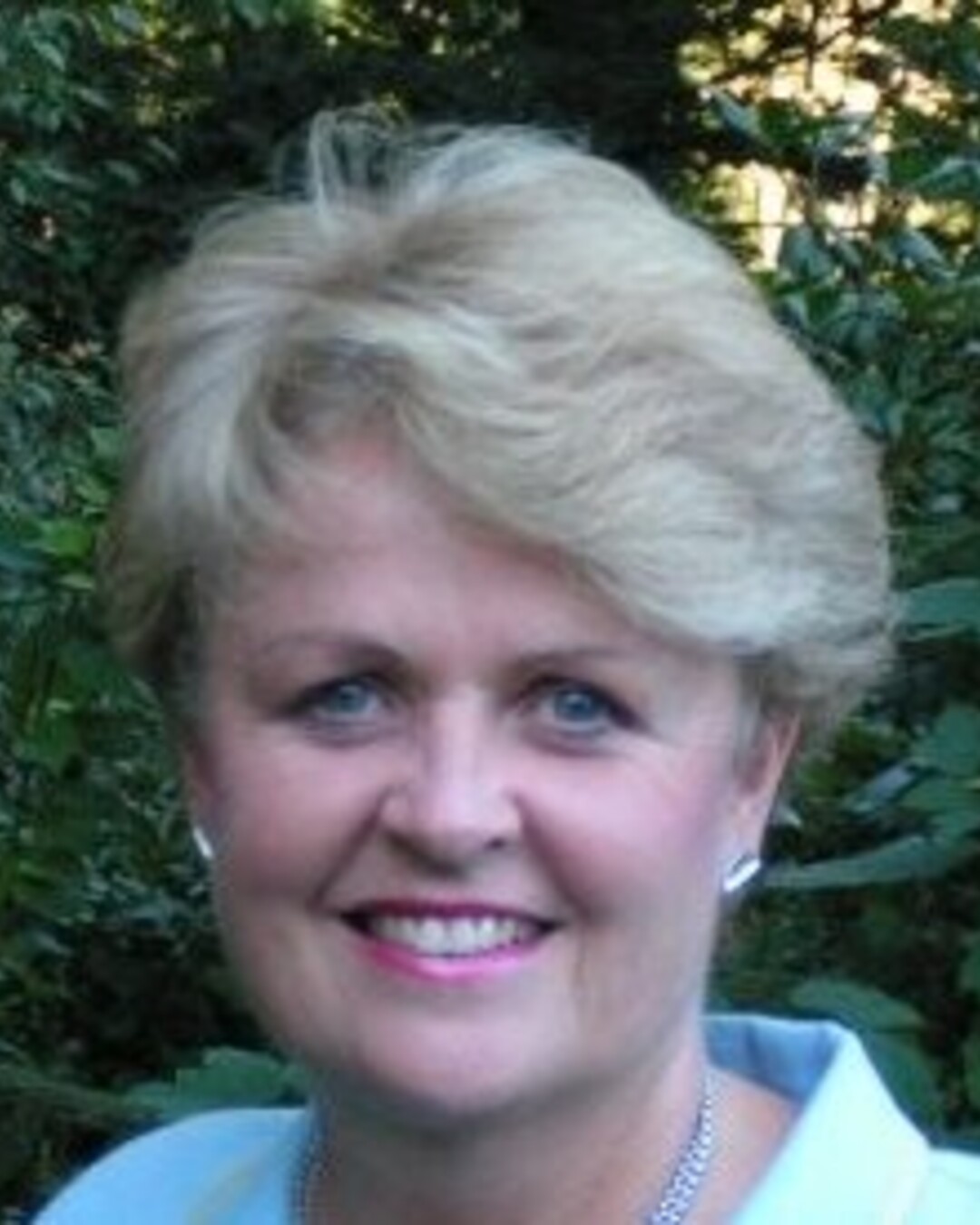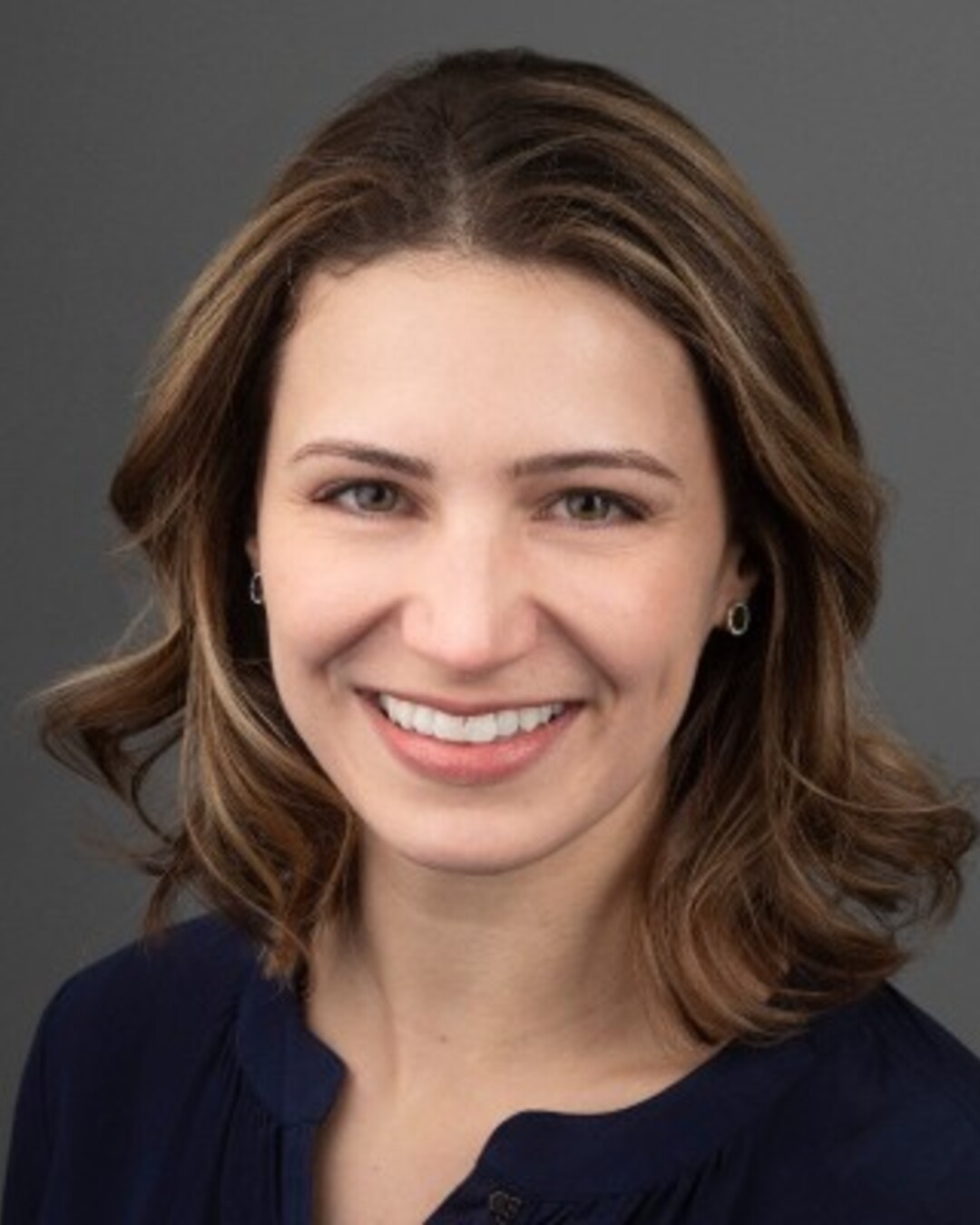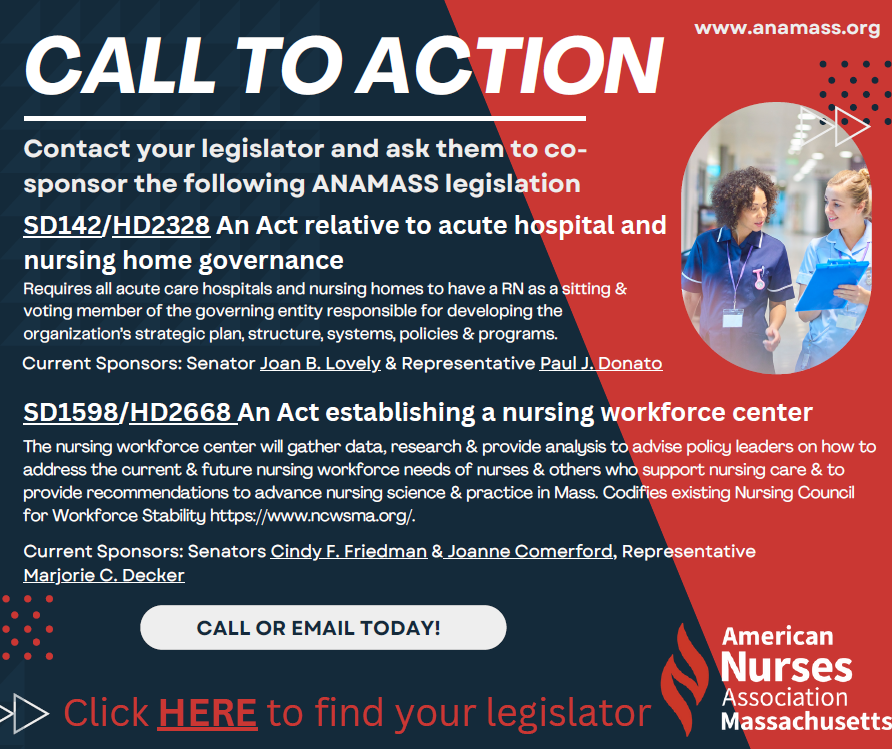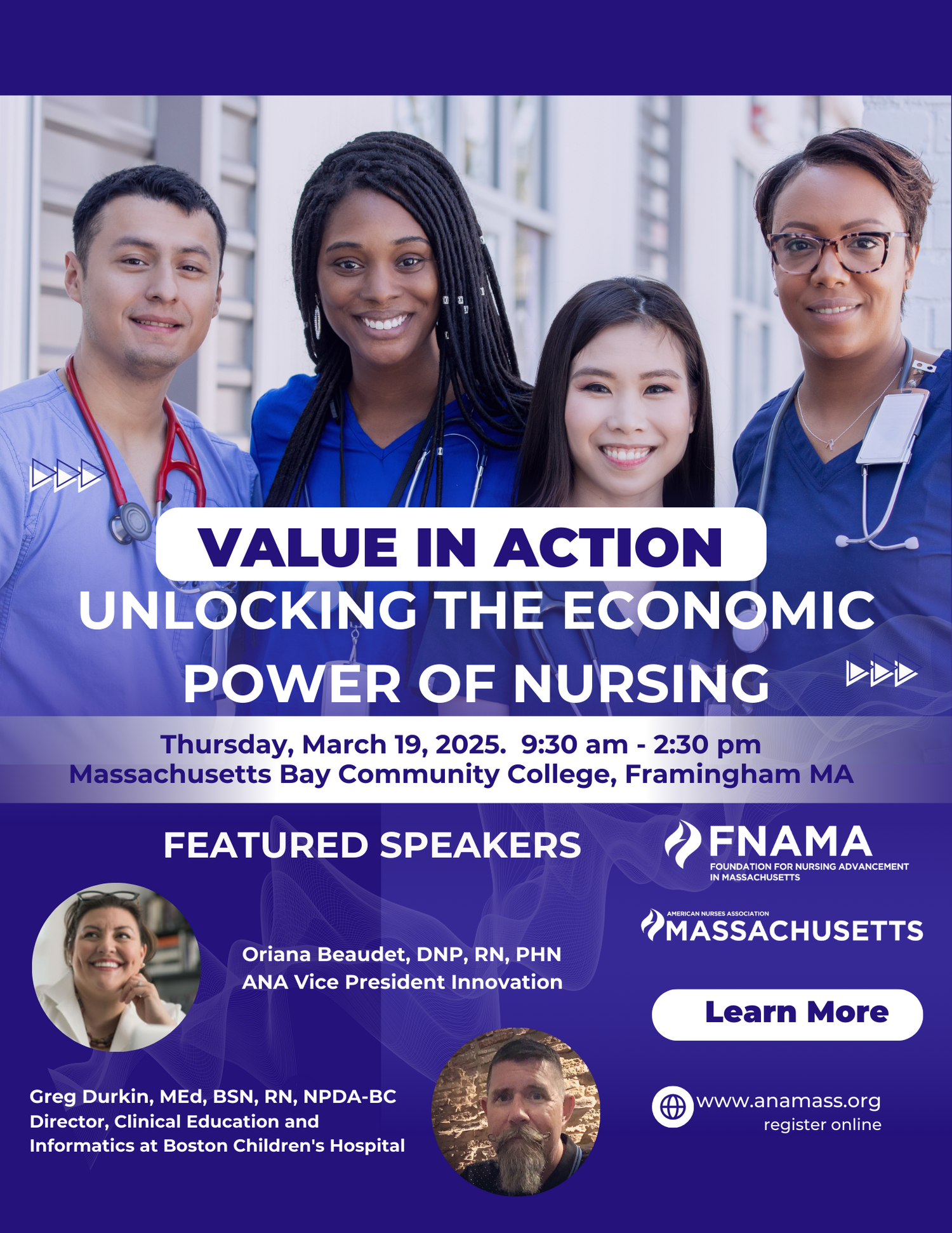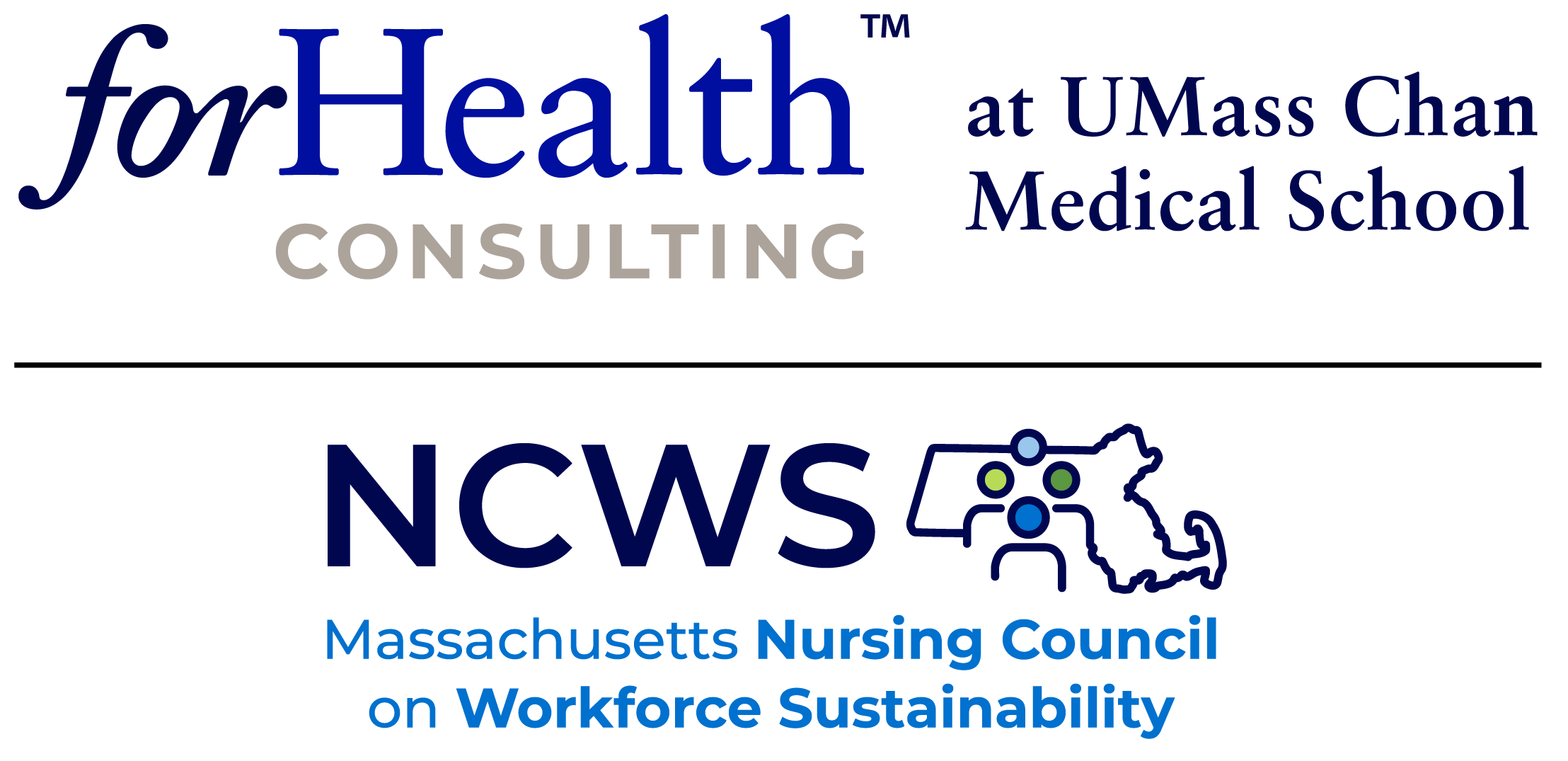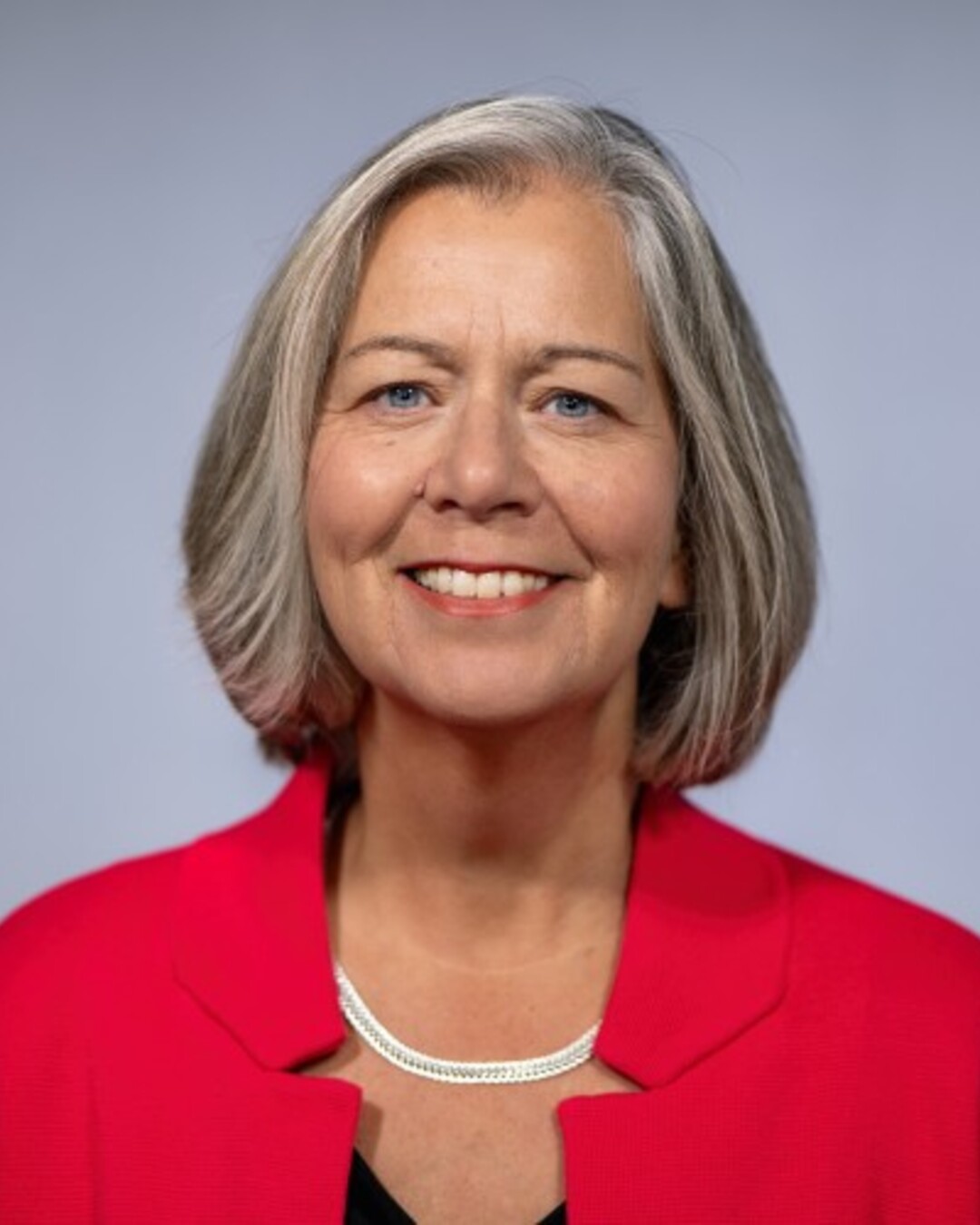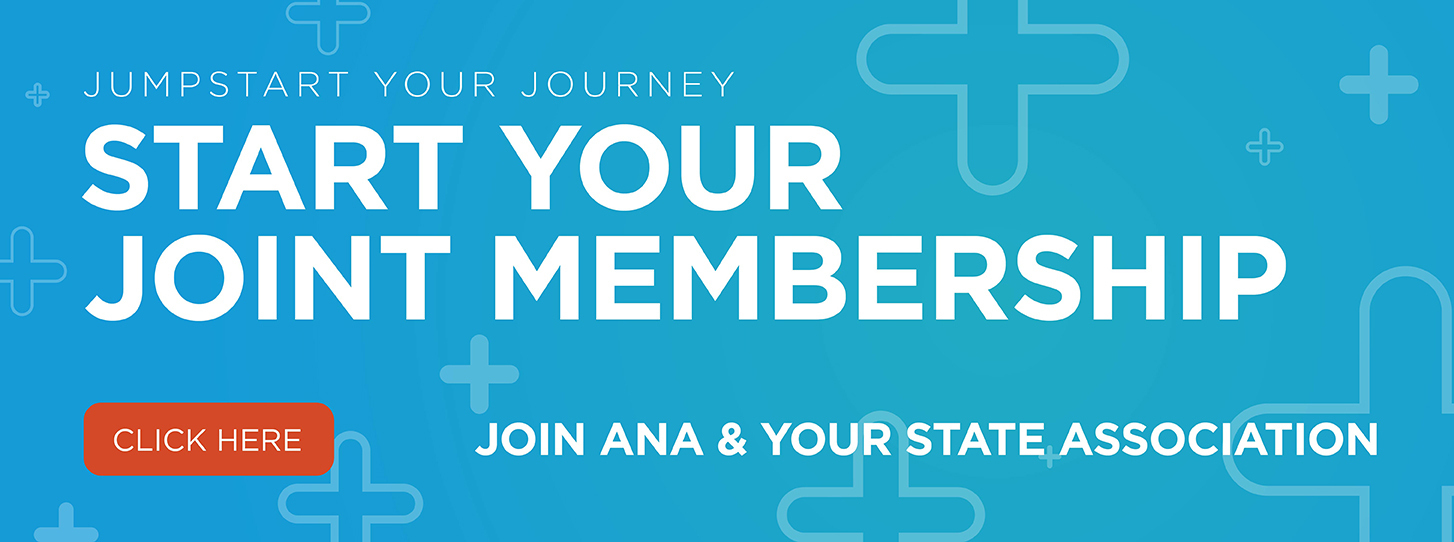Dear Colleagues,
As we welcome February, I find myself reflecting on the remarkable resilience and dedication of nurses across Massachusetts. This month, with its focus on heart health and well-being, is a timely reminder of the profound impact nurses have not only on their patients but also on the communities we serve.
Championing Wellness: For Our Patients and Ourselves
February marks American Heart Month, an opportunity to educate our patients and advocate for healthier lifestyles. As nurses, we are at the forefront of these conversations, often serving as the bridge between complex medical guidance and practical steps that can change lives.
But as we focus on heart health for others, let us not overlook our own. In his recent parting message, Dr. Vivek Murthy, the U.S. Surgeon General, highlighted the toll of disconnection and burnout in healthcare. His words resonate deeply within our profession. Many of us face immense pressures daily---caring for patients, navigating systemic challenges, and balancing our personal lives.
This February, I encourage each of you to take stock of your own well-being. Are you finding moments of connection? Are you carving out time to care for yourself? Remember, we cannot pour from an empty cup.
Advocating for the Nursing Workforce
February also brings renewed discussions at the state level about nursing workforce sustainability. The post-pandemic realities of staffing shortages, rising patient acuity, and policy changes require our collective voice to ensure that nurses have the support and resources we need to thrive. ANAMASS is committed to addressing these challenges head-on.
We are actively engaging with legislators, hospital leaders, and nursing educators to advocate for:
-
Healthy work environments that prioritize psychological safety, respect, and collaboration among healthcare teams. Creating spaces where nurses feel valued and empowered is essential for improving retention and providing quality patient care.
-
Expanded access to mental health support for healthcare professionals.
-
Investment in nursing education pathways to address pipeline shortages.
Your voice is critical in shaping these conversations. If you haven't already, I urge you to get involved---whether by attending advocacy days, reaching out to your representatives, or sharing your stories with ANAMASS.
Finding Community in ANAMASS
One of the greatest antidotes to burnout and isolation is finding your community. ANAMASS exists to connect, empower, and support nurses across Massachusetts. Whether it's through our educational programs, networking events, or advocacy efforts, we're here to ensure that no nurse feels alone in their journey.
This year, we'll be launching new initiatives to foster professional growth and peer connections. I encourage you to explore the opportunities available, from mentorship programs to leadership development courses.
Looking Ahead
As we move into 2025, let us reaffirm our commitment to one another and to the values that make nursing such a vital and fulfilling profession. Together, we can overcome challenges, advocate for change, and continue delivering the exceptional care that defines Massachusetts nurses.
Thank you for all that you do every day. Your work inspires me and so many others. Let's make this February a time to celebrate our profession, strengthen our connections, and nurture our own well-being.
In solidarity and gratitude,
Silda Melo, MSN, RN, CCM
President, ANAMASS
